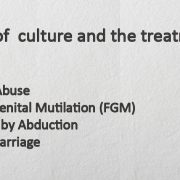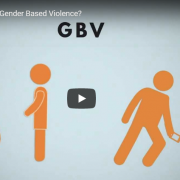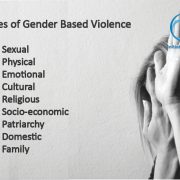Cultural Norms as a struggle for women
Culture is “the customs, civilization and achievement of a particular time or people.” Culture often determines the values, worldview, attitudes, behavior and practices of women and men from birth to death.
Traditional African society looked upon women as perpetually dependent on males. Women have to be protected and guided by men. Women are often objects of exploitation, and a source of wealth to men who handle them like personal property.
Yet, despite this cultural subordination, women in African tradition frequently occupy leading positions in divining, rainmaking and as mediums in prophesying, healing and counseling. These occupations illustrate that women are given leadership in various spheres, even in cultures generally repressive towards women.
Examples of culture and the treatment of women
- Chicken wings—In Uganda, women cannot eat chicken wings. Otherwise they would fly like a chicken and not be submissive, especially in bed.
- Physical Abuse—In some cultures in West Africa, women are to be beaten at least once in three months in order to remain disciplined. If they are not beaten, the women ask for it!
- Female Genital Mutilation (FGM). Some cultures say that a woman needs to go through FGM to be tamed, so that she does not become sexually promiscuous. This primitive practice is still active.
- Marriage by abduction- is a practice in which a man abducts the woman he wishes to marry. The woman is enslaved by her abductor, raped and taken as his wife. Later she may suffer different types of violence.
- Forced marriage- is a marriage in which one or more of the parties is married without their consent or against their will
While most cultures seem to lower or reduce the value of women, at the same time culture often raises the value for men to threatening proportions. For example, a Moran (Maasai young man) is expected to kill a lion to prove he is a real man. The boy child is encouraged “never to cry.”
by Judy W. Mbugua






